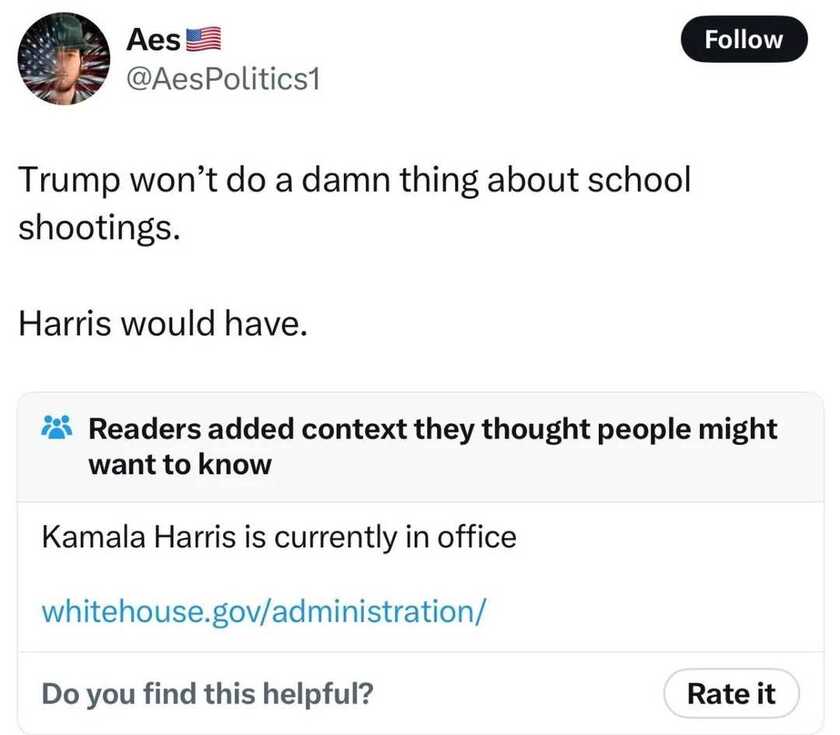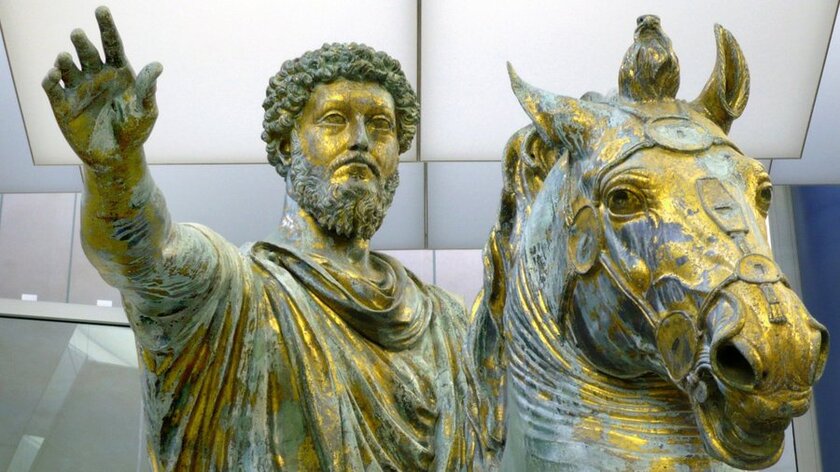Stoicism, an ancient philosophy from thinkers like Epictetus and Marcus Aurelius, has surged in popularity because it equips people to face modern chaos—like the endless pull of social media—with calm and purpose. This article draws from those timeless ideas to show how you can cut through digital noise, regain focus, and protect your mind.
I'm going to break down the core problem of social media overload, introduce Stoic basics, and explain key principles with real-world applications. By the end, you'll have tools to apply these ideas yourself, whether you're scrolling less or debating online. Think of this as a guide to spotting overload in your life, judging how it affects you, and starting small changes that build resilience.
Introduction
Imagine picking up your phone for a quick update, only to lose hours in a storm of notifications, comparisons, and heated arguments. This scenario traps billions worldwide. Social media overload drains energy and creates anxiety, but Stoicism provides a clear path out.
Stoicism offers tools to regain control and find peace amid the digital chaos. It teaches you to focus on your responses, not the endless feed.
This article explains how ancient Stoic ideas apply to modern online habits. We'll cover the overload issue, Stoic foundations, specific principles, benefits, and practical steps.

















